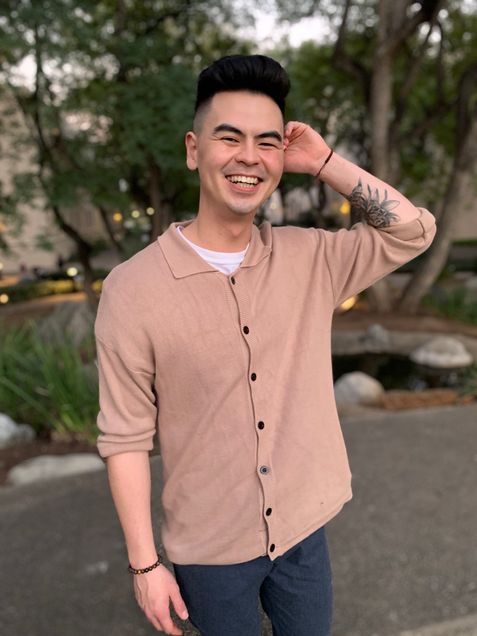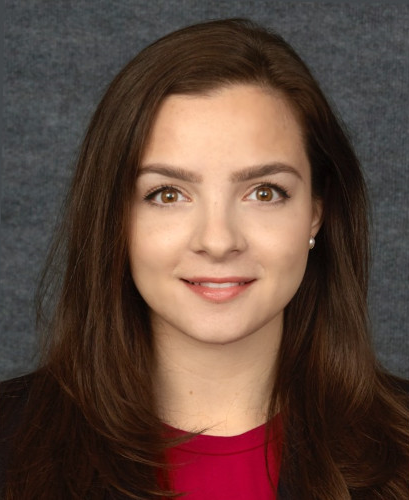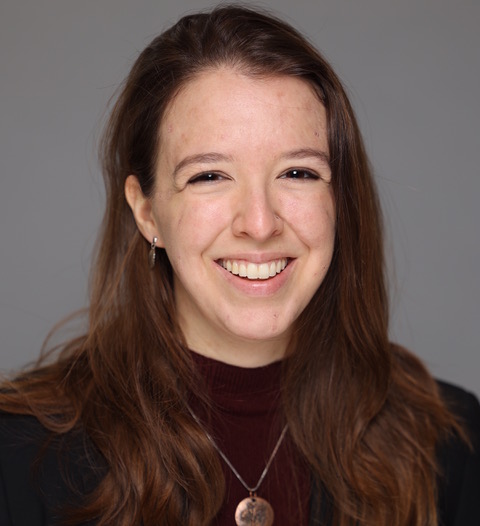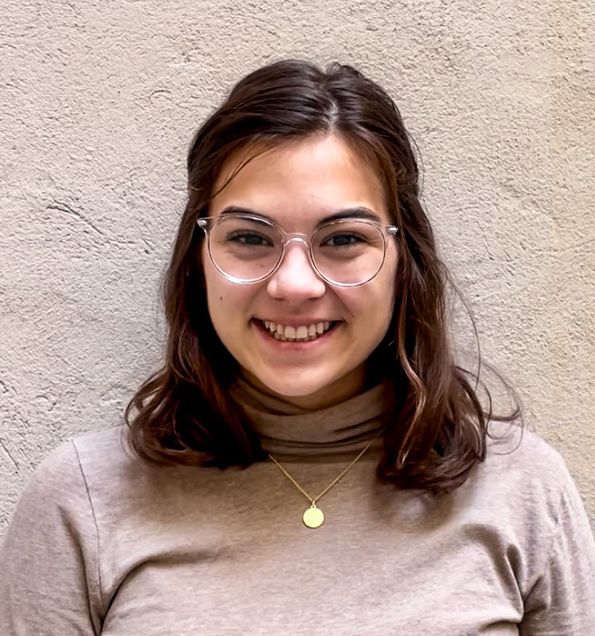Mental Health Track
The Mental Health Track aims to bring together public health students who are interested in learning about the evolution of mental health research, policy, and programs, as well as ways public health professionals can continue advancing improvements in population-level mental health. In addition, the track will:
- Center mental health equity
- Design and deliver content that is informed by the voices and priorities of individuals with lived experience, including but not limited to social connectedness, employment, stigma, and access to care
- Use a data-driven approach to understanding the current state of mental health care access and brainstorming ways public health professionals can improve mental health infrastructure
- Practice what we promote by ensuring track attendees are aware of where they can find mental health resources in their area
Schedule Overview
Session #1 (10 AM – 11 AM): Mental Health Career Panel
Learn about mental health careers in a variety of sectors including: academia, government, associations, and nonprofits. Panelists will share career advice and their perceptions of what public health professionals can do to advance mental health.
Session #2 (2 PM – 3 PM): Mental Health Student Presentations
Hear from fellow public health students about their practice-based and research experiences related to mental health. Presentation topics include:
-
- The Mental Health Co-Benefits of Ecosystem-Based Climate Change Adaptation,
- The Twofold Mental Health Crisis Among Refugees: The Case of Lebanon,
- Best Practices for Hospital Staff in Prioritizing Mental Health in Sexual Assault Reporting, and
- The Federal Response to the Opioid Epidemic: Examining 2021 SAMHSA Grant Allocation.
Panelists

Laura Sampson, PhD
Laura is a post-doctoral research fellow in the Cardiovascular Disease Epidemiology Training Program in Behavior, the Environment and Global Health (T32) at the Harvard T.H. Chan School of Public Health. She received her PhD in Epidemiology from Boston University School of Public Health and a BA in Statistics from Harvard College. She has also worked as a statistical analyst at Boston University School of Public Health, a data analyst at Columbia University Mailman School of Public Health, and a data analyst at Harvard Medical School in the Health Care Policy department. Her research interests include the mental and physical health effects of stress, trauma, depression, and posttraumatic stress disorder, especially as they relate to sleep and cardiovascular disease outcomes. She is currently working with the Nurses’ Health Study II cohort data.

Matthew Diep
Matthew Diep is a Queer, Vietnamese, Transition Age Youth (TAY) who brings his education, professional experience and lived experience with the behavioral health system into his role as the Assistant Program Manager at the California Youth Empowerment Network (CAYEN), formed in 2006 to develop, improve and strengthen the voice of TAY (people ages 16-25) in local and state-level behavioral health policy. He is also the Founder and Executive Director of Psypher, an grassroots, youth-led nonprofit that uses dance and other expressive outlets to facilitate conversations about mental health.

Adrienne Anderson, MPH
Adrienne serves as the Deputy Director of Operations for the Office of the Chief Medical Officer at the New York State Office of Mental Health (OMH). Before relocating to New York City in March 2020, she held a series of roles supporting behavioral health policy work and research at the Massachusetts Health Policy Commission in Boston. Her professional interests include data-driven policymaking and quality improvement methods, health equity, and leadership in public service. Adrienne received her MPH in Health Policy and Regulatory Affairs from the Yale School of Public Health and her BA from the College of the Holy Cross.

Keyona King-Tsikata, MPH
Keyona King-Tsikata, MPH, is Sr. Director of Health Equity and Access and Sr. Director of the Socioeconomic Status (SES) portfolio of the American Psychological Association. She is responsible for directing, overseeing, facilitating and promoting psychology’s contribution to 1) advancing health equity and access; and 2) the understanding of SES and the lives and well-being of low-income and economically disadvantaged populations. As such, Ms. King-Tsikata works to develop and facilitate relationships and activities to advance psychology as a major force in research, education, policy and advocacy related to Health Equity and SES. She received her B.S. in Health Science from the University of Florida and her MPH from University of South Carolina’s Arnold School of Public Health.
Student Presenters

Emily Goddard
Emily is a first-year MPH student in the Department of Social and Behavioral Sciences with a concentration in Climate Change and Health. Her focus is on preventative health through equitable access to environmental resources, including healthy, sustainably produced food, clean water and air, and green space. She is most interested in exploring the relationship between the environment and mental health, the health co-benefits of climate change adaptation and mitigation, and the environmental benefits of equitable and sustainable global food systems. She will be presenting on the mental health co-benefits of urban green infrastructure used as climate adaptation.

Julia Wang
Julia is a first-year MPH student at the Yale School of Public Health Department of Environmental Health Sciences, with a concentration in Climate Change and Health. Her interest lies in the impact of climate change on mental health, especially for Aboriginal Peoples around the world. She is also passionate about communicating climate change science to the public. At the Public Health Student Forum, she will be presenting the mental health co-benefits of urban green infrastructures that are used for climate change adaptation.

McKenzie Watson
McKenzie is pursuing a Bachelor of Science in Biological Sciences through Arizona State University and graduates this December. McKenzie is applying for medical school this summer and plans to become an OB/GYN who focuses on delivering trauma-informed care. Previously, McKenzie served in the United States Air Force as an airborne cryptologic language analyst. McKenzie is one of the presenters for the mental health track at this year’s Public Health Student Forum, where she will be sharing evidence-based recommendations for improving the evaluation and reporting experience for sexual assault victims at hospitals — an experience that can have a significant impact on sexual assault survivors’ recovery, pursuit of justice, and mental health outcomes.

Alexus Witherell
Alexus Witherell is a senior at Simmons University graduating in May 2022 with a BA in Public Health. They are working as a Research Assistant at Fenway Health upon graduation. Alexus’s thesis research has focused on 2021 grant programs addressing the opioid epidemic at the federal level.